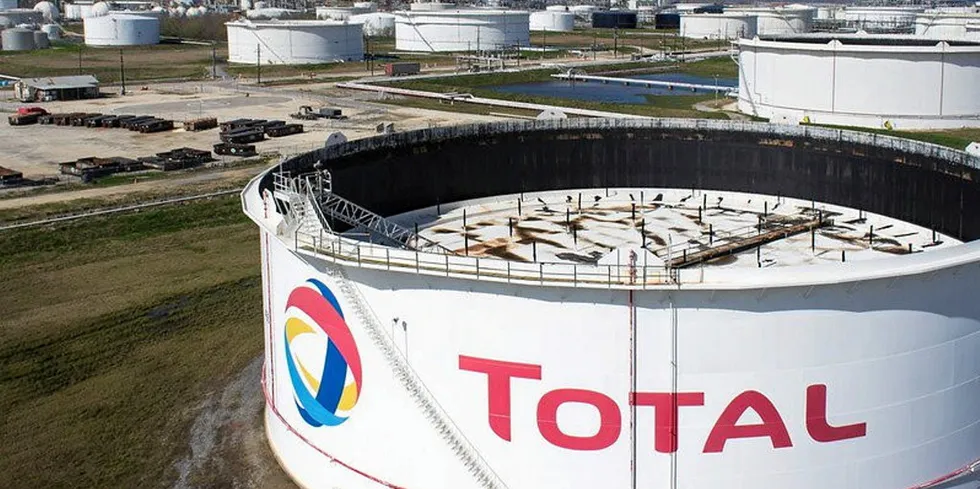Oil giant Total in massive Texas solar swoop to turn US power supply green
French group adds 3GW PV and storage portfolio and will sign deal covering supply to all American industrial sites

French group adds 3GW PV and storage portfolio and will sign deal covering supply to all American industrial sites
